The Service Odyssey: Charting a Course to Unforgettable Customer Journey Experiences

Understanding the Modern Customer: Expectations and Challenges
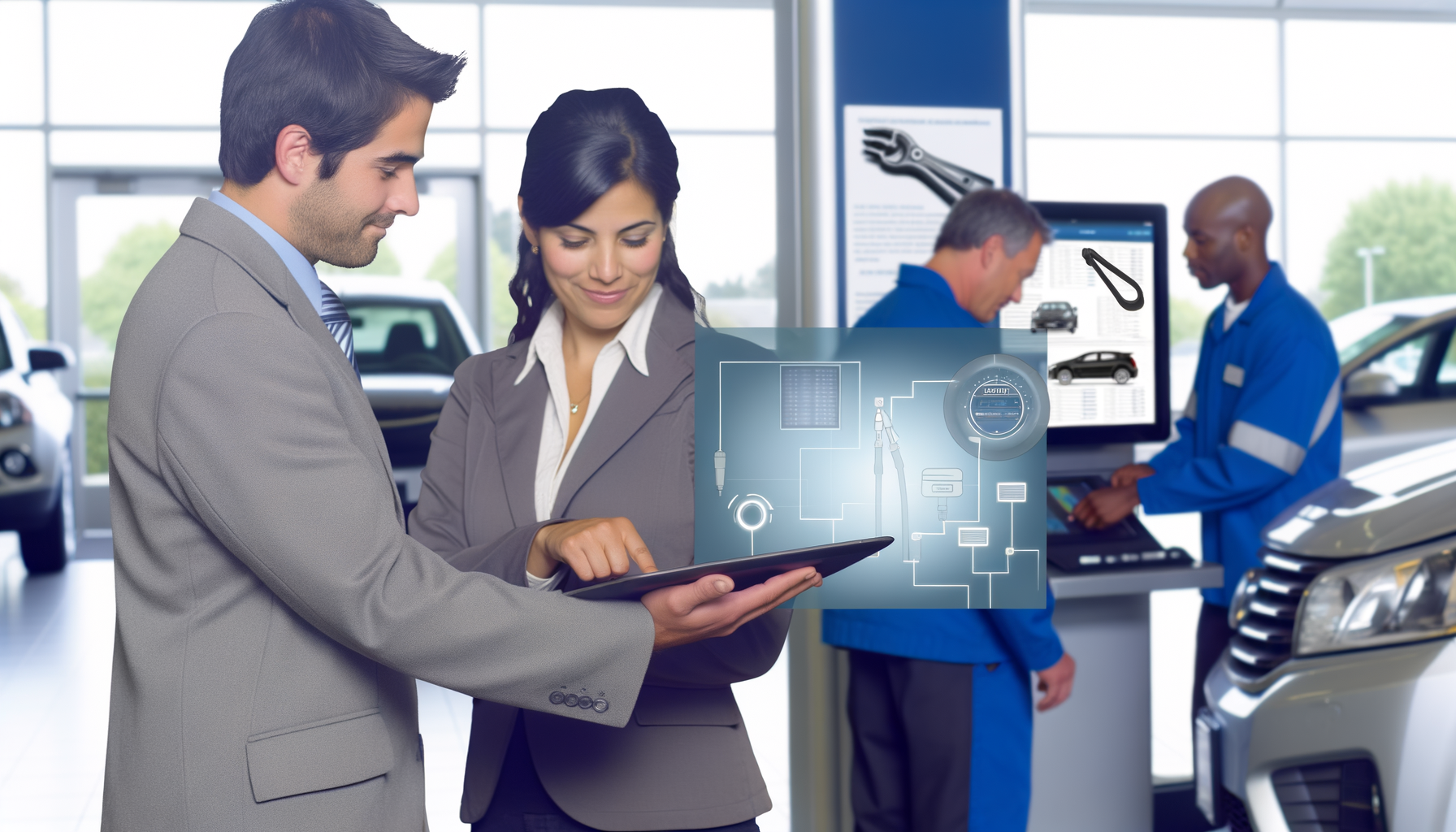
Today's customers are more informed than ever, often arriving at the dealership equipped with extensive research. They expect seamless, personalized service that values their time and preferences.
According to a recent study, 68% of customers prefer digital service scheduling, indicating a shift towards technology-driven interactions.
To meet these expectations, dealerships must integrate advanced CRM systems, enabling service departments to anticipate needs and tailor interactions accordingly.
Leveraging Technology to Enhance Customer Interactions
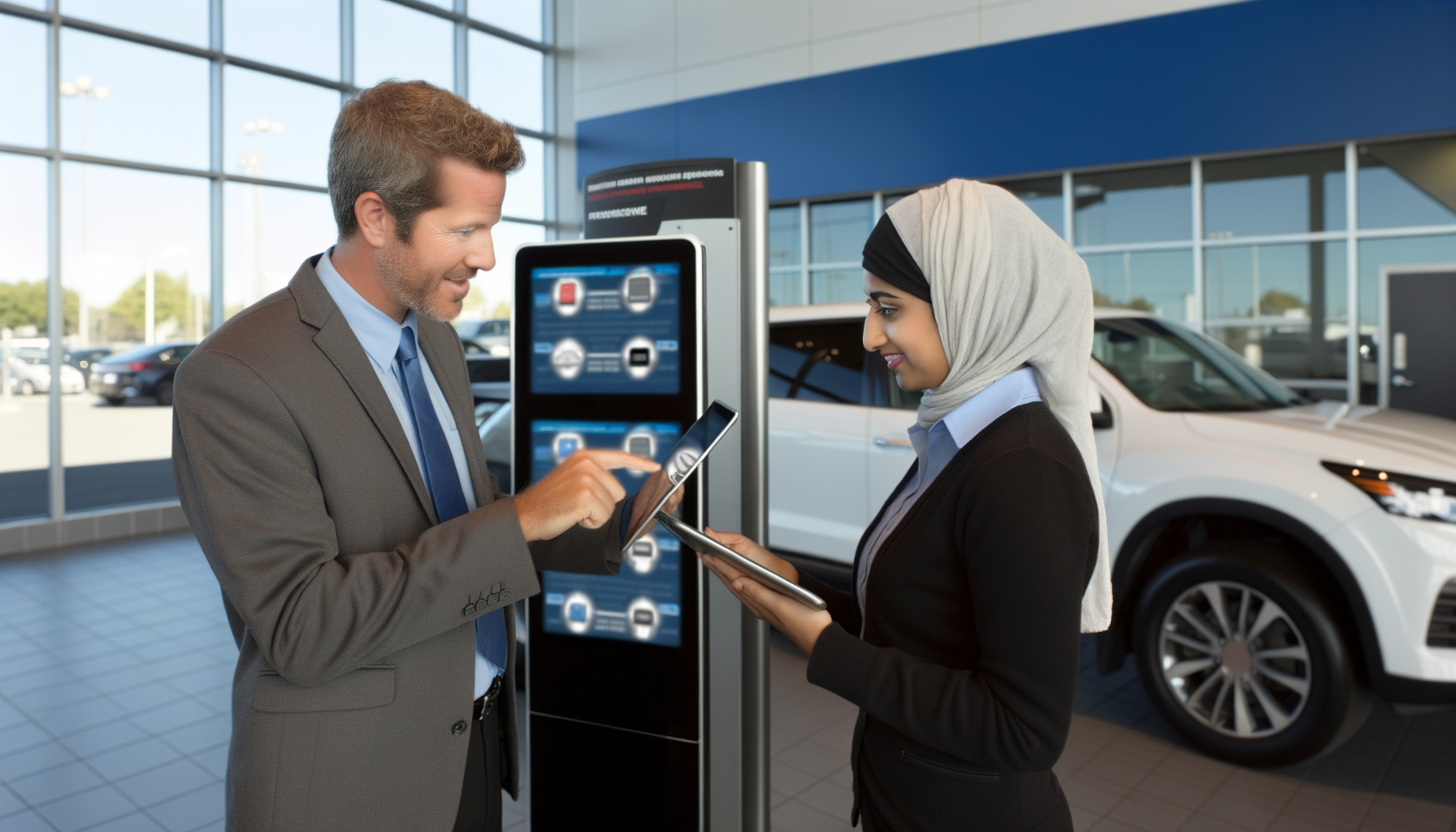
Technological advancements such as AI-driven analytics and chatbots are transforming customer interactions. These tools streamline communication and provide real-time updates.
Dealerships adopting these tools have reported a 20% increase in customer satisfaction due to enhanced transparency and reduced wait times.
Implementing these technologies involves integrating AI systems with existing platforms and training staff to utilize them effectively.
Training Your Team for Customer-Centric Excellence
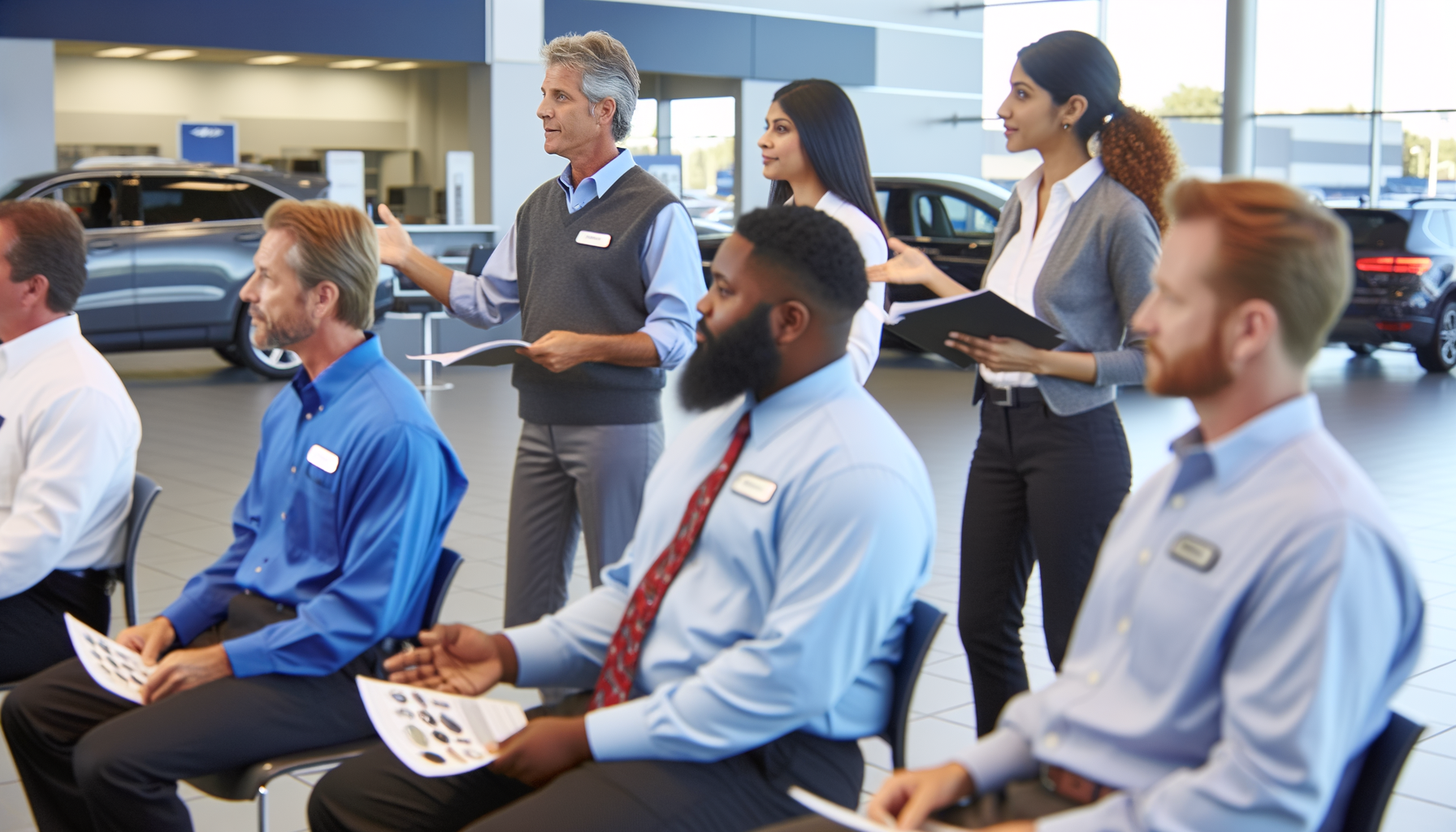
A well-trained team is the cornerstone of exceptional customer service. Regular training sessions should focus on soft skills such as communication and empathy.
With new OEM requirements for dealership service training, it's crucial to stay ahead by offering programs that enhance both technical and interpersonal skills.
Implement hands-on workshops and role-playing scenarios to prepare staff for diverse customer interactions.
Measuring and Analyzing Customer Experience Metrics
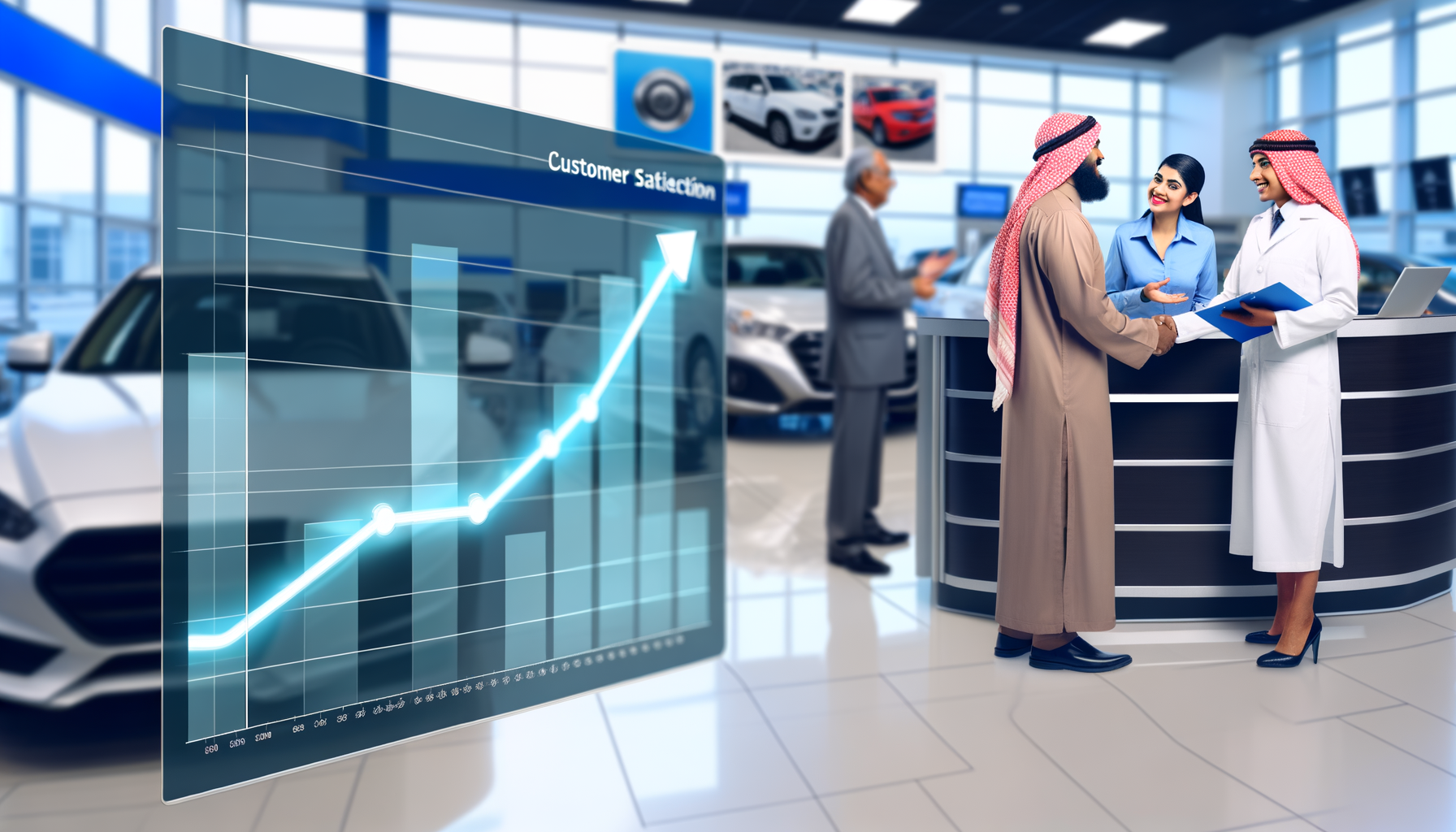
To truly understand customer experience, service departments must measure and analyze key metrics such as Net Promoter Score (NPS) and Customer Satisfaction Score (CSAT).
Hypothetical data suggests that dealerships monitoring these metrics see a 30% improvement in retention rates.
Use customer experience analytics tools to gather data, identify trends, and make informed decisions to enhance service levels.
Implementing Feedback Loops for Continuous Improvement
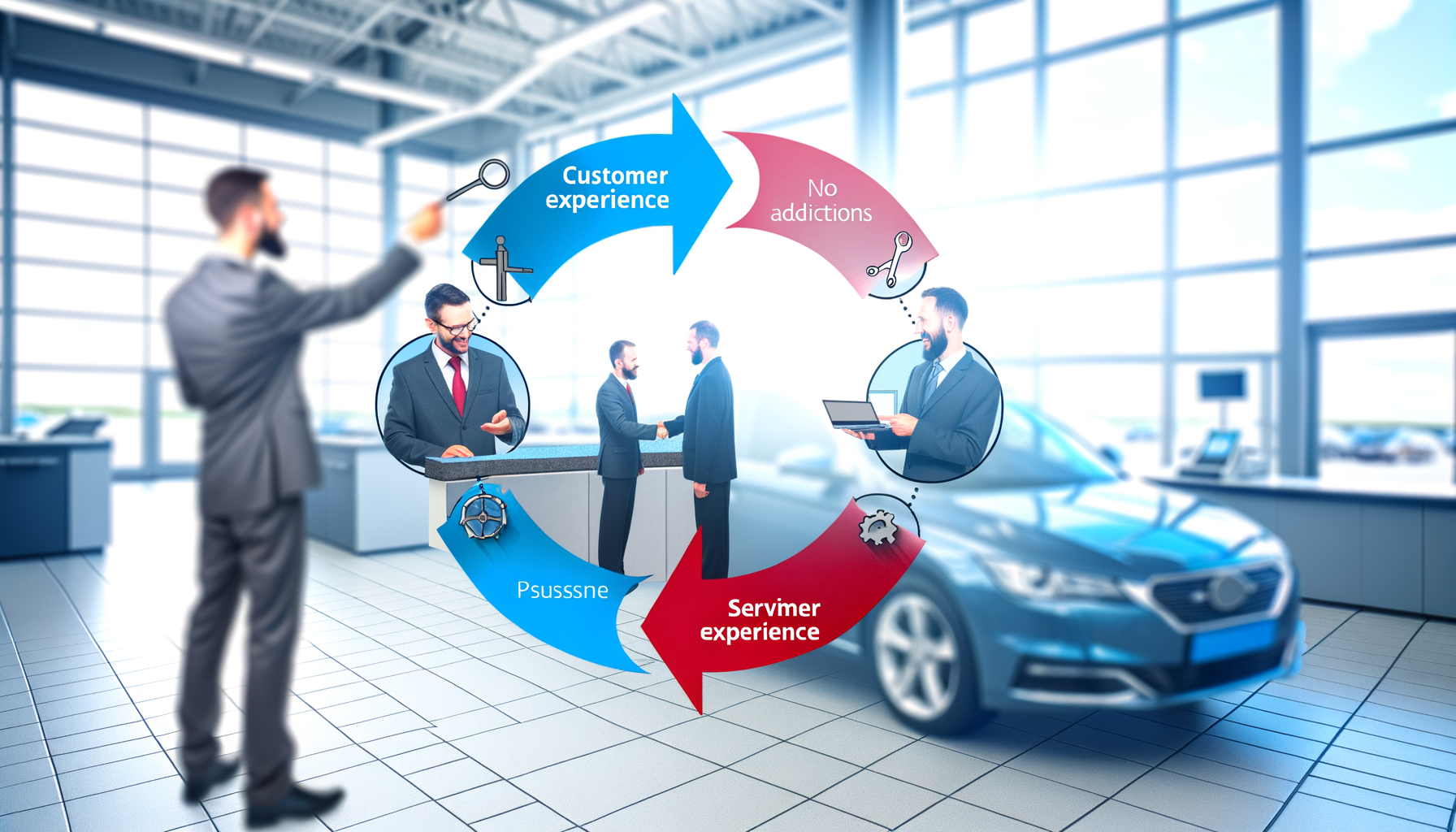
Feedback loops are essential for continuous improvement. They help service departments respond quickly to customer concerns and adapt strategies as needed.
A dealership implementing feedback loops saw a 25% reduction in customer complaints by addressing issues proactively.
Establish regular review meetings to analyze feedback and implement changes promptly.
Building Long-term Customer Loyalty Programs
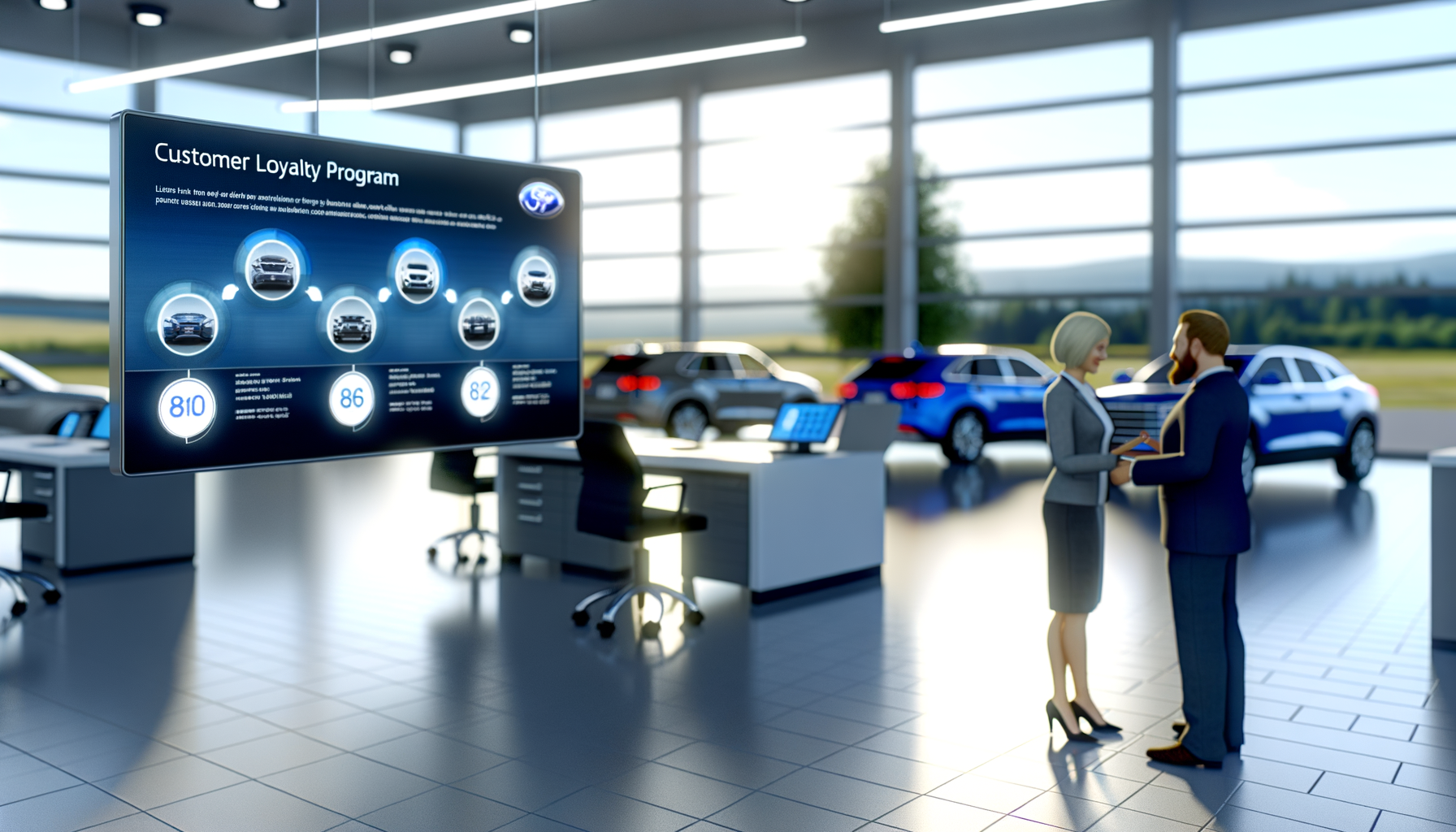
Loyalty programs are invaluable for retaining customers. They provide incentives for repeat visits and encourage brand advocacy.
Successful programs often include exclusive offers, service discounts, and personalized communication tactics.
Leverage data insights to tailor loyalty programs to customer preferences, using platforms like Auto Pro Solutions to manage and optimize these initiatives.
Related Topics
Ready to take your service department to the next level?
Schedule your demo today and experience the power of Auto Pro Solutions.
Schedule Demo